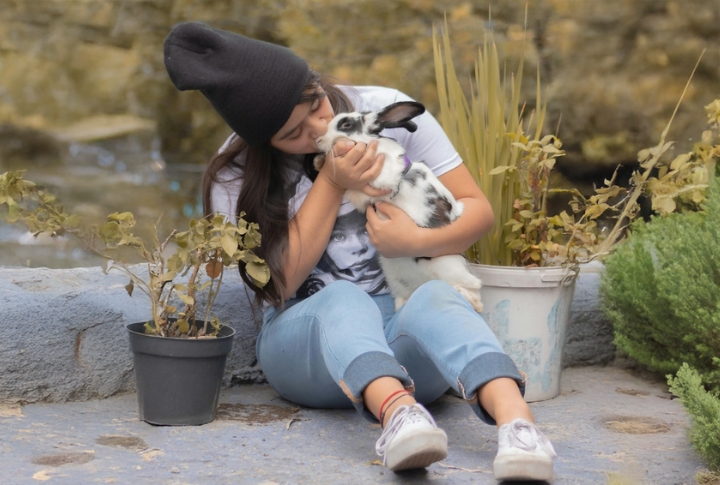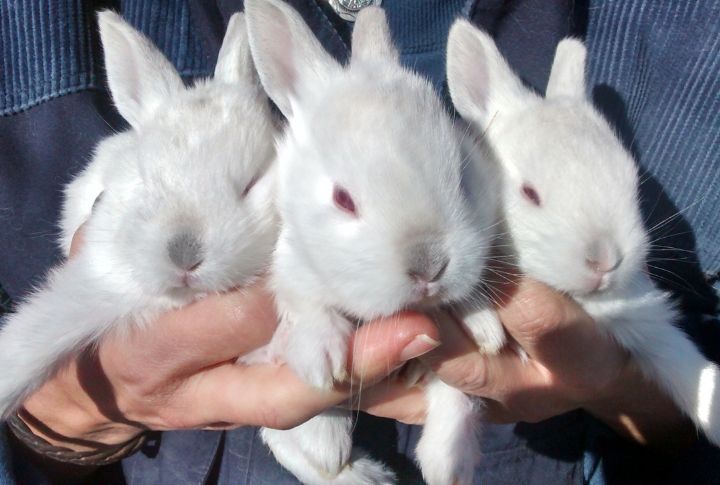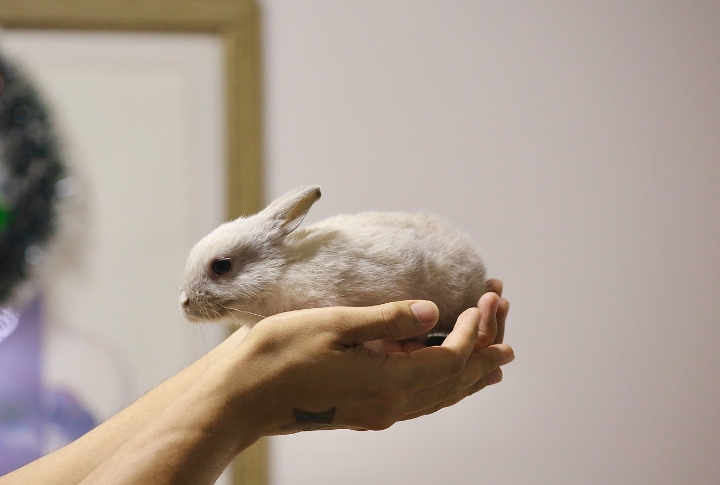
Rabbit years are quieter than dog years but no less curious. Some age fast, others surprise you. One bunny in the U.S., named Mick, made it to sixteen—officially the oldest on record. So, what shapes their timeline? These facts unpack what really influences how long rabbits live, from their first weeks to their final hops.
Domestic Rabbits Live Longer Than Wild Ones

Wild rabbits face predators and disease. On top of that, food scarcity makes their average lifespan just one to two years. In contrast, domestic pets benefit from shelter, regular meals, and veterinary care, often living between eight and twelve years. This protective environment shields them from hazards.
Birth And Infancy Life Stage

Bunny kits enter the world blind and deaf, relying entirely on their mother’s warmth and milk for survival, like most mammals. The first three weeks are the most dangerous, as predators and environmental threats loom large. Domestic kits may achieve an 80–95% survival rate past infancy with excellent care, while wild kits often see 50% or higher mortality.
Breed-Specific Life Expectancy Variations

Breed matters more than many expect when it comes to a rabbit’s lifespan. Smaller breeds, like Netherland Dwarfs, can live up to 10–12 years with proper care, while larger breeds, such as Flemish Giants, typically reach eight to 10 years. Size influences metabolism, disease risk, and overall health patterns.
Mature Life Stage Of Rabbits

By twelve months, rabbits reach maturity and face new health challenges that require a few visits to your local pet healthcare providers. Proper diet and exercise become critical during this phase to avoid conditions that can shorten how long they live. How well owners adjust care during maturity and how fast they can note changes matter.
Spaying And Neutering Reduce Cancer Risks

Reproductive cancers, especially uterine cancer in females, are known to pose a significant threat. It reportedly affects up to 80% of unspayed rabbits older than three. Spaying or neutering not only controls the population but also drastically lowers cancer risk, which adds valuable years to their life with a relatively simple procedure.
Stressful Environments Shorten Rabbit Lifespan

Unstable surroundings can slowly take a toll on a rabbit’s body. Loud environments and tight enclosures leave them feeling unsafe, raising cortisol levels over time. That stress lowers immunity and causes internal damage. A peaceful home does more than soothe—it helps rabbits stay healthy and live longer.
Dental Problems Can Cut Rabbit Lifespan

Without enough chewing material, a rabbit’s teeth can grow too long and turn into a serious health problem. Misaligned teeth cause discomfort, infection, and poor eating. Eventually, this impacts their entire system. Consistent dental care plays a big role in protecting their lifespan and quality of life.
Obesity Raises Liver Disease Risk

When they gain excess weight, they can develop hepatic lipidosis, a potentially fatal accumulation of fat in the liver. Overfeeding them and a lack of exercise contribute to this condition, which should never be left untreated. Overweight rabbits can also show irritability or lethargy due to hormone shifts.
Human Bonding May Help Them Live Longer

Rabbits can form strong emotional bonds with their humans. When they feel seen and gently understood, they relax more, eat consistently, and stay playful. Over time, this trust creates a calmer, healthier rabbit. A caring relationship warms hearts and quietly adds years to their life.
Play & Enrichment Boost Well-Being

Rabbits thrive on mental and physical stimulation. Enrichment tools like tunnels, chew toys, and digging spots prevent boredom and destructive habits. Regular play doesn’t just entertain—it lowers stress and supports overall health, making a big difference in how long they live.

